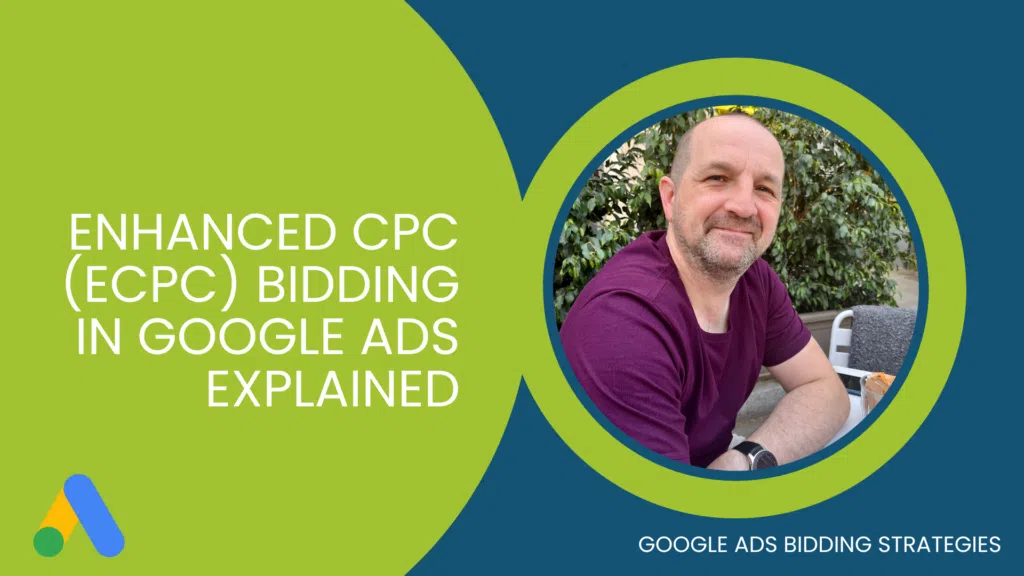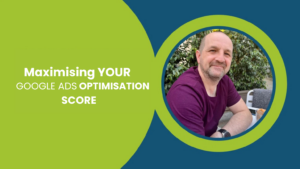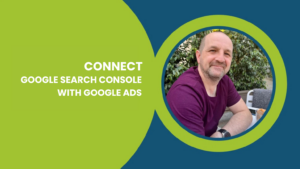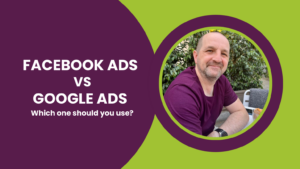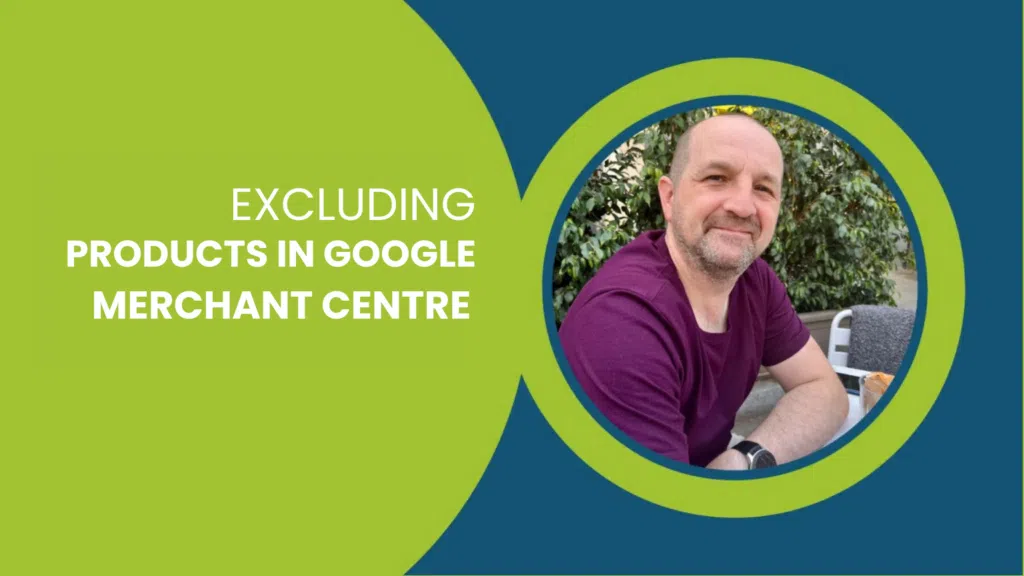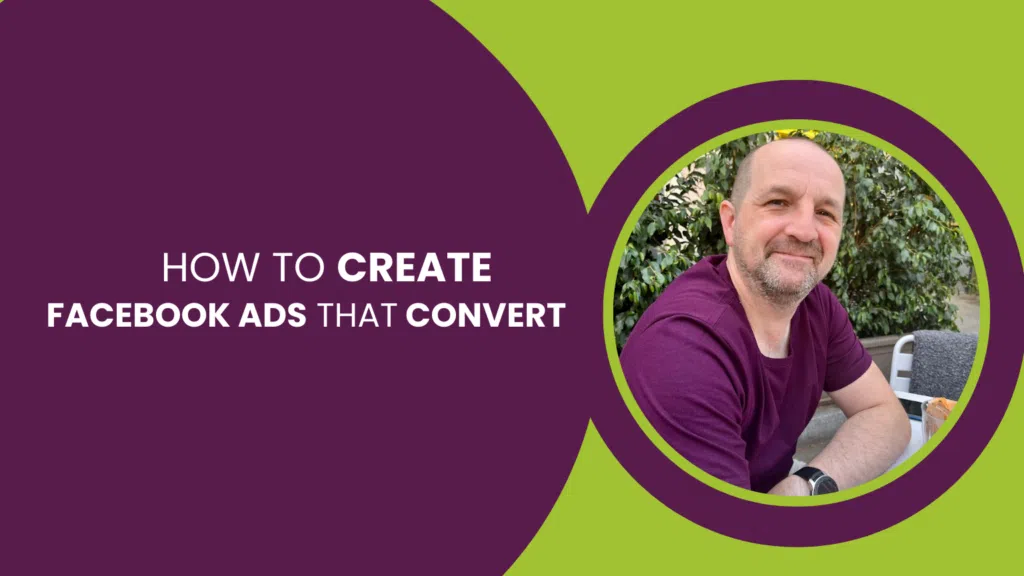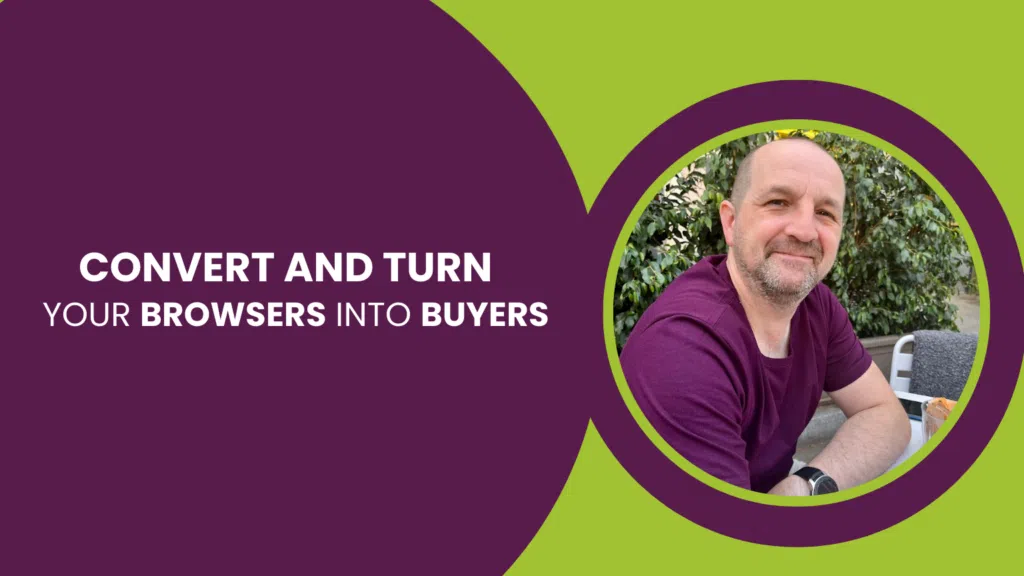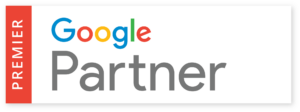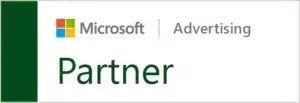What is Enhanced CPC in Google Ads?
Enhanced CPC is a bidding strategy that allows Google to automatically adjust your bids in real-time based on the likelihood that a click will result in a conversion. With eCPC, Google will increase your bid for clicks that are more likely to lead to a conversion, and decrease your bid for clicks that are less likely to lead to a conversion.
Note: For Enhanced CPC to be effective, you should have reliable conversion tracking implemented for the machine learning to base decisions on.
Table of contents
eCPC is like having a personal assistant who constantly monitors your campaign’s performance and adjusts your bids for you. If your assistant notices that a particular keyword is driving a lot of conversions, they will increase your bid for that keyword to generate even more conversions. On the other hand, if your assistant notices that a particular keyword isn’t driving many conversions, they will decrease your bid for that keyword to avoid wasting your ad spend.
Another example of eCPC in action is if you’re running an ad campaign for a software product. You notice that on weekdays, your ads are generating a lot of clicks but not many conversions. Google’s algorithm recognises this and begins to lower your bid on weekdays, making it less likely for your ads to show up during those times. On the other hand, you notice that on weekends, your ads are generating a lot of conversions. Google’s algorithm recognises this and begins to increase your bid on weekends, making it more likely for your ads to show up during those times.
eCPC Automatically Increases Bids Based on Your Conversion Data
eCPC will make adjustments based on your historic conversion data using different dimensions; the keyword, the search term, the location, day/time, the device – the more conversion data available to the algorithm, the better those decisions will be and the more optimal you can expect campaigns to perform.
One of the benefits of eCPC is that it can help you get more conversions without increasing your cost per acquisition (CPA). By allowing Google to automatically adjust your bids, you can ensure that you’re bidding the right amount for each click, which can lead to more conversions and a lower CPA.
Enhanced CPC vs Manual Bidding
Across the scope of Google Ads automated bidding strategies, Enhanced CPC is the closest to a Manual Bidding Strategy. Unlike other bidding strategies such as Maximise Conversions, tCPA or tROAS which set bids for you automatically, eCPC and Manual bidding both give you greater control over bids for each keyword, device, gender, location and a whole lot more.
With Manual Bidding and Enhanced CPC Bidding, you can set;
- Bids for Keywords, which override
- Bids at Ad Group level
And you can also make;
- Bid adjustments (%) for days of the week or times of the day – you might have a better conversion rate at particular times of the day, or on particular times of the day, for example
- Bid adjustments (%) for gender, age or parent status – you may find that female visitors to your site spend more than males (higher conversion value and ROAS) for example
- Bid adjustments (%) for devices – you may find that your conversion rate on mobile devices is lower than that on desktops, for example
- Bid adjustments (%) for audiences – for example, you can bid 25% more for members of your customer email list, or 15% for users which have visited your site in the last 14 days (a remarketing list), or a bid adjustment for users within an affinity audience which identifies interest with more luxury goods.
So, in summary, Enhanced CPC bidding is very similar to Manual Bidding, with one significant exception: Google will use your historic conversion data and its own to adjust bids up or down by up to 100% when data signals suggest that this user’s search is more likely to convert.
Bid adjustments are made in every auction – the auction runs with every individual search – using signals in that moment; the search term used, the user’s device, their location, the time of day or the day of the week and a number of other signals.
Essentially, eCPC will bid up to 100% more when that search is more likely to convert.
Is Enhanced CPC Right for You? When You Should Use Enhanced CPC Google Ads
Compared with other Google Ads bidding strategies, Enhanced CPC does provide greater control than automated bidding strategies such as targetCPA or targetROAS, but with that greater control comes a significant overhead in manual management and optimisation.
If you require greater control over bids at different times of the day, or for users on different devices, different keywords, or for users in different locations, for example, eCPC or manual bidding is the right choice.
eCPC essentially offers the same opportunities as manual bidding, but with the additional “machine assisted” bidding adjustments based on your conversion data. Google can increase bids by up to 100% of your bid amount when your conversion data suggests that the resulting click is more likely to convert.
How to Enable eCPC Bidding
To enable Enhanced CPC (eCPC) in Google Ads, you can follow these steps:
- Navigate to the “Campaigns” tab in Google Ads
- Select the campaign you want to enable eCPC for.
- Click on “Settings” in the left-hand menu.
- Scroll down to the “Bidding” section and click “Change bid strategy”.
- Select “Enhanced CPC” from the list of available bidding strategies.
- Click “Save” to apply the changes to your campaign.
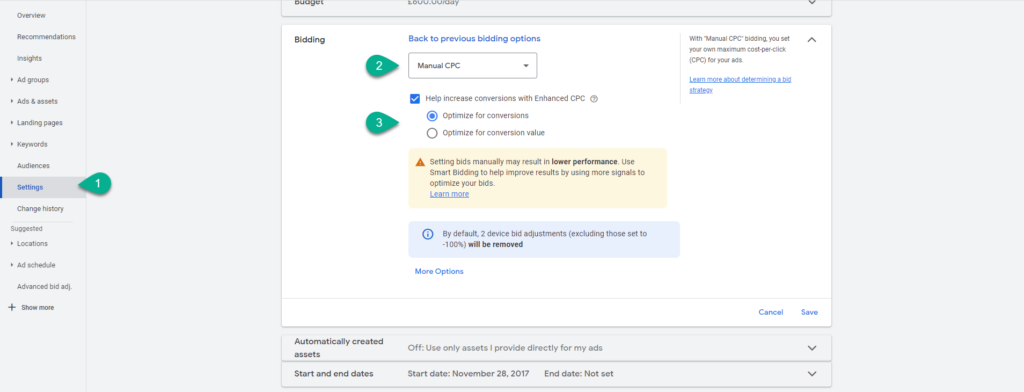
How Much Should You Bid?
There are many factors to consider when setting your bids. Typically, this is an iterative process, reviewing performance data and optimising bids as you learn what works and what does not.
- Using the keyword planner whilst choosing your keywords, you’ll see benchmark CPCs. We recommend starting your bids at around the typical CPC (cost per click), setting those first at Ad Group level. Do remember that with eCPC, Google might choose to increase your bid by 100% in any specific auction, so if you’re bidding £2.00, that could be £4.00 for a click.
- Once you have some performance data for impression share, top impression share and particularly conversion rate and cost per conversion, you should adjust the Ad Group bid up or down based on those results. You may need to repeat this a few times as more performance data is gathered, and until you’re comfortable with the CPCs and the spend in each Ad Group.
- Keywords within each Ad Group will use the bid set at Ad Group level. Once you have enough conversion rate and CPA (Cost per Acquisition or Cost per Action) data for individual keywords, you may choose to increase bids for keywords which produce a higher conversion rate, and lower bids for (or pause or delete) keywords which waste your budget and do not convert so well.
- Considering those same metrics (conversion rate and CPA in particular), you should analyse performance;
- On Mobile vs desktop devices and adjust bids up or down according to performance
- By Day of the week and adjust bids according to performance
- By location, starting with counties if you don’t have much conversion data, but at town/city level if you have enough data
- For observation audiences you may have added to your campaigns, remarketing audiences, for example, increasing or decreasing bids based on conversion rate or CPA
- For age and gender, again adjusting bids based on the return they generate
How Many Conversions Do You Need for Enhanced CPC?
There is no definitive answer for how many conversions you need. We would recommend a minimum of 15 conversions in a campaign in a 30 day period to enable machine learning to begin to work. However, more conversion data enables faster, more detailed learning and more accurate decisions.
For individual Ad Groups, Keywords or other segments, you should make decisions based on statistically relevant data – one conversion in five clicks is amazing, but not enough evidence that the next 100 clicks will produce 20 conversions!
Tips for Bid Adjustments
- Don’t make bid adjustments based on limited data. Ideally, you need enough performance data for each segment to be statistically relevant. Zero or one conversion in 20 clicks isn’t enough to prove success nor failure, but 100 clicks with no conversions probably is.
- Bid adjustments stack. If you have bid adjustments for device (-20%), location (+20%) and gender (+20%), those are going to combine when a user matches some or all of them – a user matching all of those examples with a £1.00 keyword bid might actually have a bid of £1.06 (£1.00 x 80% x 120% x (120%), not forgetting of course, that eCPC could increase that to £2.12!
- You can adjust bids to 0% or exclude segments of the audience which never convert.
This is what makes Manual CPC bidding so challenging – it’s almost impossible to know exactly what the bid might be in any given auction because you have so many adjustments.
Enhanced CPC vs Maximise Clicks Strategy
The main difference between Enhanced CPC (eCPC) and Maximise Clicks bidding strategies in Google Ads is the way they optimise your ad spend.
With eCPC, Google Ads will automatically adjust your bids based on the likelihood that a click will result in a conversion. This means that if Google determines that a particular click is more likely to lead to a conversion, it will increase your bid for that click. On the other hand, if Google determines that a particular click is less likely to lead to a conversion, it will decrease your bid for that click. The goal of eCPC is to help you generate more conversions without increasing your cost per acquisition (CPA).
Popular Google Ads Videos
On the other hand, with Maximise Clicks bidding strategy, Google Ads will automatically set your bids to get as many clicks as possible within your budget. This means that Google will bid on your behalf to get the maximum number of clicks possible within your daily budget. The goal of Maximise Clicks is to help you generate as much traffic as possible within your budget.
While both bidding strategies can be effective in driving traffic and conversions, the choice between the two will depend on your campaign goals and budget. If your goal is to generate more conversions while keeping your CPA low, then eCPC may be the better choice. However, if your goal is to generate as much traffic as possible within your budget, then Maximise Clicks may be the better choice. It’s important to test both bidding strategies and monitor your campaign’s performance closely to determine which strategy works best for your specific campaign goals.
Learn more: Google Ads Maximise Clicks Bidding Strategy Explained
Recent Google Ads Blog Posts
The Pros and Cons of Enhanced CPC
- Enhanced CPC provides far greater more control over bids, but with that power comes a significant overhead of managing bids and bid adjustment.
- Positively, or negatively, you are also relying partly on machine learning to make decisions on your behalf – it won’t always get those right, but it will, more often than not.
- Making bid adjustments for multiple segments (demographic, location, device etc.) makes it almost impossible to know what the bid might be in any specific auction.
- Machine learning works best with more conversion data. If you have no conversion data, or fewer than 10 conversions per month, Enhanced CPC may not be the right choice for your campaigns.
Final Words on Enhanced CPC Bidding
It’s important to note that eCPC may not be the best bidding strategy for every campaign. For example, if you’re running a campaign with a very tight budget, eCPC may not be the best choice since it relies on spending more money to get more conversions. Additionally, if you have a large number of conversions already, eCPC may not make a significant impact on your campaign’s performance.
eCPC can be a useful bidding strategy for campaigns that are focused on generating conversions, and that have room in their budget to allow for bid adjustments. However, it’s important to carefully monitor your campaign’s performance and make adjustments as needed to ensure that you’re getting the best possible results.
This post is part of the Google Bidding Strategies Guide — created by our Google Ads Agency Team
In this series:
- Manual CPC Bidding in Google Ads: A Comprehensive Guide
- Enhanced CPC (eCPC) Bidding In Google Ads Explained
- How to Optimise Google Ads Using Target CPA Bidding
- How to Optimise Google Ads Using Target ROAS Bidding
- Google Ads Maximise Conversions Bidding Strategy Explained
- Google Ads Maximise Clicks Bidding Strategy Explained
- Google Ads Target Impression Share Bidding Strategy
- How and When to Use the Maximise Conversion Value Bidding Strategy in Google Ads
- Choosing the Best Bidding Strategy for Google Display Ads
- Every YouTube Ads Bidding Strategy Explained
- Bidding Strategies to Maximise Google Shopping Performance
- Manual Bidding vs Automatic Bidding: Which is Better?

